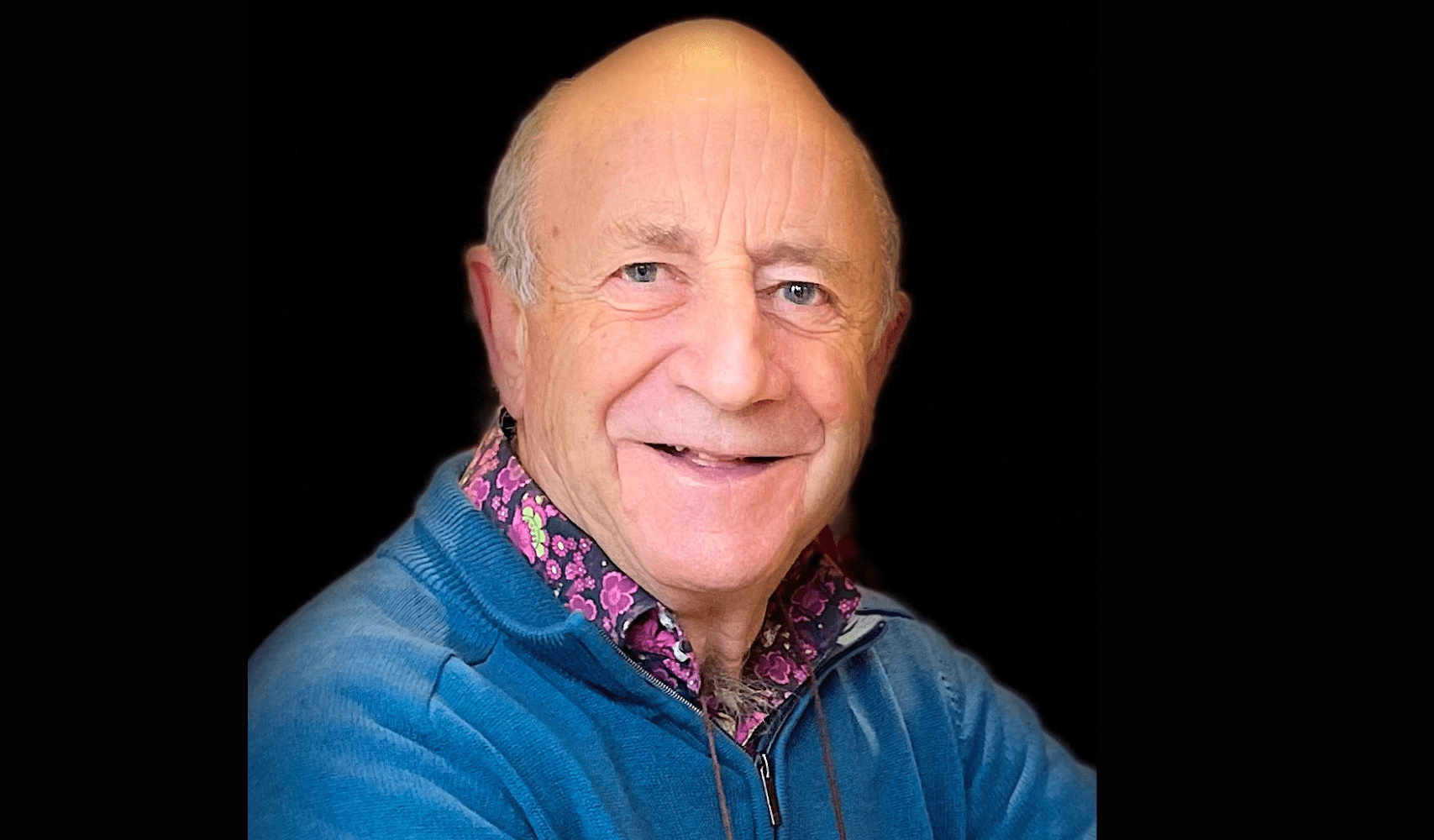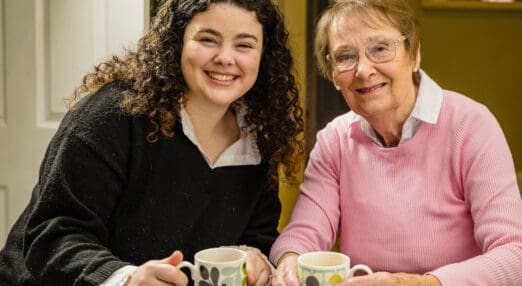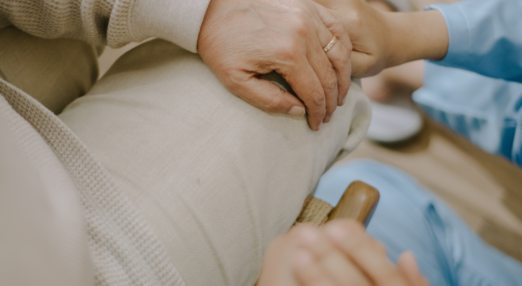It’s never too late to make a change: “I qualified as a counsellor at the age of 80”
After a successful career in electrical engineering Richard decided to spend his retirement giving back to other people. Following a family bereavement, it was a conversation with his own counsellor that inspired him to train in a new profession, at the age of 75.
He says:
“I always knew I wanted to retire by the age of 60. I figured that if I went on too long and left it too late, there wouldn’t be enough time to do everything that I wanted to do.
“I did retire at 60 as planned and found that it was quite an adjustment. The end of your career is almost like a bereavement of sorts. It was a difficult transition but I knew I wanted to channel my time and energy into making a difference, so I began volunteering with a number of local organisations.
“I had known about counselling as a profession because my sister, Prue, had been a counsellor and founder of The Norwich Centre, one of the first person-centred counselling agencies in the UK. It’s not something I had ever had much understanding of, though, until I sought bereavement counselling following Prue’s death.
Learning a new skill to help others
“After working together for a number of years my counsellor, who had an understanding of my desire to help people, suggested I consider training as a counsellor myself. I initially dismissed the suggestion because I assumed that at the age of 75 I was too old. But she assured me that my life experience would be very beneficial in the role.
“Although I initially brushed it off, something about the suggestion just felt right. She made the comment on a Thursday and by the Saturday of that week, I was at my local college’s open day and enrolling on the four-year counselling course.
“During my training I had a student placement with Rennie Grove, as it was then, based at Grove House. That was during the Covid-19 pandemic in 2020 so I spent the placement working with patients over the phone, via zoom or in the garden of their own home.
“I found the placement so fulfilling that after receiving my diploma, I decided to stay on as a volunteer counsellor.
“I now volunteer one afternoon per week and can see up to three clients during that time. I work with both clients who are living with a life-limiting illness and those who have been bereaved after loved ones were cared for by Rennie Grove Peace.
“I absolutely love what I do. I’m not getting any younger and I just want to spend my time doing something that I enjoy and other people benefit from. My counselling work is exactly that. I also volunteer as a counsellor with two other charities and do so because I get a lot of satisfaction from helping people.
“I’ve recently been working with a Rennie Grove Peace client whose course of counselling ended. The last time I was at Grove House I was passed a card from her, wishing me a happy Easter. For me, that’s what it’s all about – not the card, but the fact that I was able to make a difference to someone’s life during a very difficult period. For me that’s the only reward I need, and the exact reason I decided to dedicate my retirement to helping others.”
Providing support on milestone days
Last Mother’s Day, Richard was invited to attend Chilterns Crematorium and offer emotional support to visitors who were there to remember a loved one.
He says about his time volunteering on Mother’s Day last year, “I was kept busy for half a day at the crematorium, where I met and listened to a range of visitors. Some were visiting alone, and some were with their families. Many brought flowers and most wanted to sit quietly on one of the chapel pews.
“I found myself with children, young adults and the elderly and in every case once they realised who and what I represented, they wanted to talk. Some thanked me saying they wished to sit quietly on their own, but even then, they thanked me for offering to sit with them for a while.”
You may also be interested in
-

Volunteer stories
Hear from some of our amazing Rennie Grove Peace volunteers
Read more
-

Volunteer in the community
With Rennie Grove Peace Hospice Care's one-off and ongoing volunteering roles in your local community
Read more
-

Volunteer enquiry form
Please fill in our volunteer enquiry form. A member of our volunteering team will be in touch shortly.
Read more




